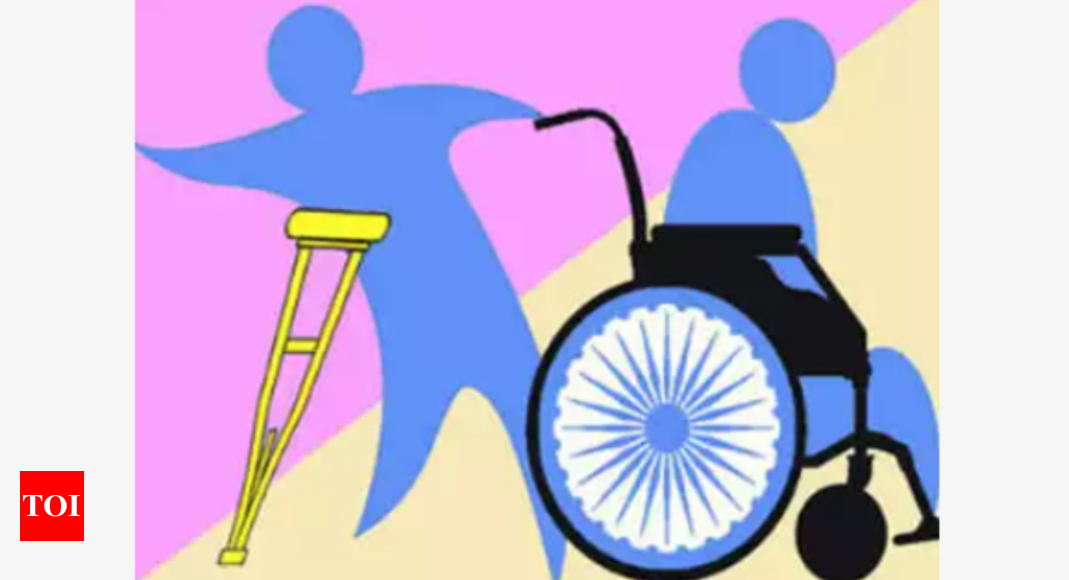The Ministry of Health and Family Welfare in India has responded to representations regarding the exclusion of questions related to disabilities in the upcoming sixth round of the National Family Health Survey (NFHS-6). The ministry’s statistics division cited recommendations from the Technical Advisory Committee to justify the decision to remove questions on disabilities from the survey.
According to a memorandum from the statistics division, questions on disabilities were included for the first time in NFHS-5 (2019-21). However, the survey report revealed that disability prevalence was significantly lower compared to estimates from the National Sample Survey Office (NSSO). The data showed that disability prevalence was only 1% for rural areas and 0.9% for urban areas in NFHS-5, while NSSO estimates for 2018 indicated higher prevalence rates at 2.3% for rural areas and 2% for urban areas.
Based on this disparity, the statistics division argued that NFHS data collection is inadequate to capture the true extent of disability in India and would result in underestimating its prevalence. The memorandum also noted that the NSSO had already conducted a dedicated survey in 2018 to collect detailed information on disabilities, and the data from that survey is more reliable in this domain area.
However, disability rights organizations and activists have expressed their dismay at the ministry’s response. They argue that any differences in data between NSSO and NFHS-5 indicate inconsistencies in training and enumeration practices, rather than a justification for removing disability-related questions. The inclusion of such questions is crucial for obtaining accurate and disaggregated data to support the rights and well-being of persons with disabilities.
Dr. Satendra Singh, representing ‘Doctors with Disabilities: Agents of Change,’ emphasized the importance of data to enable persons with disabilities to claim their rightful due. Singh cited an example of how the lack of data resulted in inadequate job reservation for people with disabilities, despite the recognition of more disabilities by the government. Singh stated that removing disability-related questions from the survey contradicts the principle of ‘leave no one behind’ and violates commitments made under the United Nations Convention on the Rights of Persons with Disabilities, Sustainable Development Goal 3 on health, and the WHO Global Report on Health Equity for Persons with Disabilities.
In June, under the banner of ‘We the People with Disabilities of India,’ 3,000 signatories raised their objections to the removal of disability-related questions from NFHS-6. They argued that this approach is discriminatory and hampers the development of inclusive health policies and programs for persons with disabilities.
The controversy highlights the need for a disability-inclusive standard operating procedure (SOP) and reliable data collection mechanisms within the administrative apparatus. Critics argue that advisory solutions and the removal of questions are not sufficient to address the government’s responsibility to collect comprehensive data on disabilities as part of the NFHS-6.











